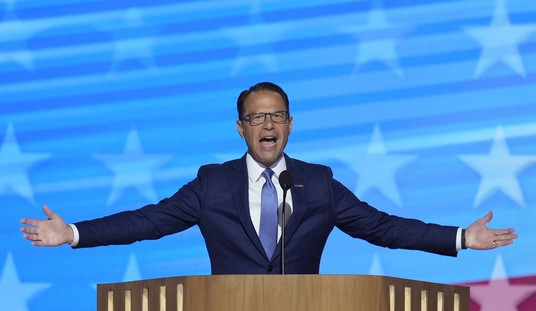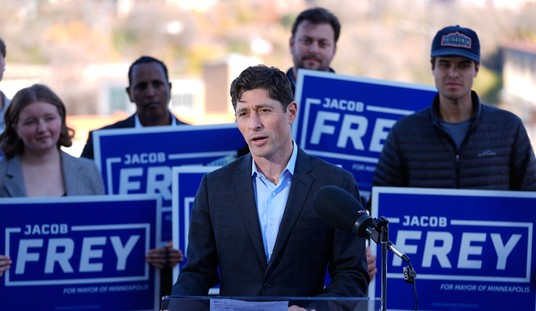Rasmussen repolled Wisconsin voters earlier in the current impasse, with Democratic legislators fleeing the capital in order to hold the legislature hostage and to stop a budget-repair bill that imposes serious reforms on public-employee unions, and the results were not pleasant for Governor Scott Walker. Voters mainly opposed efforts to change collective bargaining for PEUs, at least in general, and Walker’s approval rating has sunk underwater during the standoff. Rasmussen has repolled Wisconsin voters to ask more specifically about the components of the reforms, and finds that Wisconsin voters support at least some of them:
Consistent with a survey conducted last week, a new Rasmussen Reports telephone survey of Likely Voters in Wisconsin finds that just 39% favor a proposal to weaken the collective bargaining rights of state employees. Fifty-seven percent (57%) are opposed. (To see survey question wording, click here.)
As part of the collective bargaining process, however, just 19% believe that unions should be allowed to require a local school district to buy health insurance coverage from a union-created insurance company. Three times as many (57%) are opposed.
This refers to the WEA Trust, which is run by the Wisconsin Education Association, the teachers union in the state. I explained that issue last month, and why the WEA Trust interferes with the ability of local school boards to control costs. That specific issue does matter to Wisconsin voters, and somewhat surprisingly, even to union households:
In households with a public employee union member, just 33% believe that, as part of the collective bargaining process, unions should be able to require school districts to buy insurance from the WEA Trust. Forty-one percent (41%) of such households disagree. Sixty-eight percent (68%) of households with a public employee union member also think there should be full disclosure of all financial relationships between the union and the WEA Trust.
Why might union households agree with Walker on this point? Perhaps because they have seen their members get sacrificed in order to protect the WEA Trust racket, including an award-winning rookie teacher in Milwaukee, as John McCormack explains:
What collective bargaining has frequently meant in practice is that unions never have to concede any of the benefits they’ve won through a collective bargaining agreement unless they want to do so. In other words, when there’s a budget crunch the union–not the school district or the local government–gets to choose between massive layoffs and slight benefits reductions. For example, in June of 2010, long before Scott Walker was elected, Milwaukee Public Schools fired 482 teachers–including Megan Sampson, a young educator named an “outstanding first year teacher” by the Wisconsin Council of Teachers of English.
Sampson and 481 other teachers were laid off for two reasons having to do with collective bargaining:
First, the collective bargaining agreement allowed the teachers’ union to choose between small reductions in health care benefits and layoffs. “Given the opportunity, of course I would switch to a different [health care] plan to save my job, or the jobs of 10 other teachers,” Sampson told the Milwaukee Journal Sentinel. The teachers’ union felt differently. It chose layoffs.
Second, the collective bargaining agreement guaranteed that teachers would be laid off on the basis of seniority rather than merit (or lack thereof). Therefore, Sampson, and likely a lot of other promising young educators got the axe, while the rest of the teachers, good and bad alike, were protected simply by the amount of time they’d put in.
So one really must wonder what voters would say if asked about these particular aspects of “collective bargaining rights.” Should teachers’ unions effectively have veto power over reductions to their $24,000-a-year health insurance plans, even if those small reductions could prevent layoffs? And should school districts be required to lay off teachers on the basis of seniority rather than merit?
So why have voters not rallied to Walker’s banner on the budget-repair bill? The bill may have overplayed Walker’s hand with the demand for annual recertification voting, for instance, instead of focusing on the issues surrounding the WEA Trust and the union’s all-out effort to protect its near-monopoly on benefit delivery. But it’s probably also due to a lack of strong messaging on this point, which may also relate to the comprehensive approach to reform and the controversy surrounding its other aspects.
Walker and his allies need to stress this point more strongly if they want to change the dynamics of support for this measure.







Join the conversation as a VIP Member